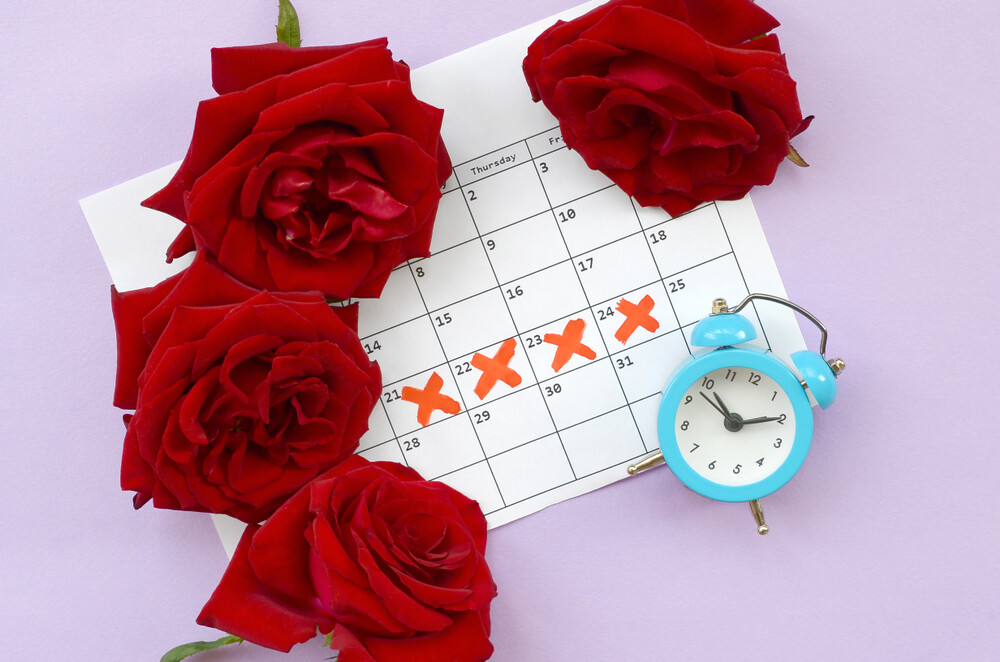An irregular period is not that unusual. We reveal what affected women should know about it and what can be done about it.
What is an irregular period?
A woman’s normal monthly period lasts between 26 and 32 days, and menstruation can last between two and seven days. If the cycle is shorter or longer, it is an irregular cycle. In this case one speaks of a cycle or menstrual disorder. This can affect the maturation of the egg cells, for example, or prevent ovulation – making it difficult to become pregnant when trying to have children. An irregular cycle occurs more often than you might think: Only very few women have a regular period.
What causes an irregular period?
There are several possible triggers for an irregular period. These include:
- General hormonal imbalance: During puberty and the menopause, many women experience a hormonal imbalance that disrupts the cycle.
- Chronic inflammation: Both the fallopian tubes and the ovaries can become inflamed. In addition to an irregular cycle, this can cause symptoms such as severe abdominal pain and digestive disorders.
- PCO syndrome: This is an accumulation of benign ovarian cysts. Apart from an irregular cycle, increased male hairiness and obesity are signs of PCO syndrome.
- Psychological factors: Stress and permanent tension can disturb the complicated interplay of hormones – and thus the cycle.
- Competitive sports: Those who do an extreme amount of sport and constantly push their body to its limits can disrupt their monthly cycle. Also possible: the period stops.
- Miscarriages: Women who repeatedly miscarry often have irregular and rare menstrual periods, which can also cause pain in labour.
- Contraception: When switching to hormonal contraceptives such as the pill, the cycle is also disrupted.
- Thyroid gland disorders: Both hyperthyroidism and hypothyroidism can make the cycle irregular.
- Anorexia: Anorexia can disrupt the monthly cycle. There is then no more bleeding – or only spotting instead of periods.
The general lifestyle can also cause cycle disorders – for example an unbalanced diet or smoking. This can also cause very heavy menstrual periods.
When should I see my doctor about an irregular period?
If the period is irregular only once, this need not be a direct cause for concern. However, you should consult your doctor if you experience any of the following symptoms:
- The Cycle was previously regular and is suddenly no longer
- Menstruation occurs less frequently and causes severe pain
- Bleeding from lubrication occurs
- The cycle is conspicuous, in addition there is male hairiness and weight gain
- The weight fluctuates strongly
- Menstruation stops for no clear reason
- Pain in the abdomen occurs regularly during the entire monthly cycle
Tips against the problem: What can I do myself?
If the irregular period is not caused by their own lifestyle, women can also try to treat the hormonal disorder themselves. These tips can help:
- Relax: If stress or psychological imbalance is the cause of your symptoms, you should urgently try to relax. Yoga or autogenic training, for example, can help.
- Change your diet: A healthy and balanced diet rich in fibre, low-fat meat and dairy products as well as fruit and vegetables supports all physical processes – and thus also a regular cycle.
- Move easily: No one needs to exercise every day. But light exercise, for example cycling or swimming for 30 minutes three times a week, not only makes you fit, but also supports the hormone balance.

